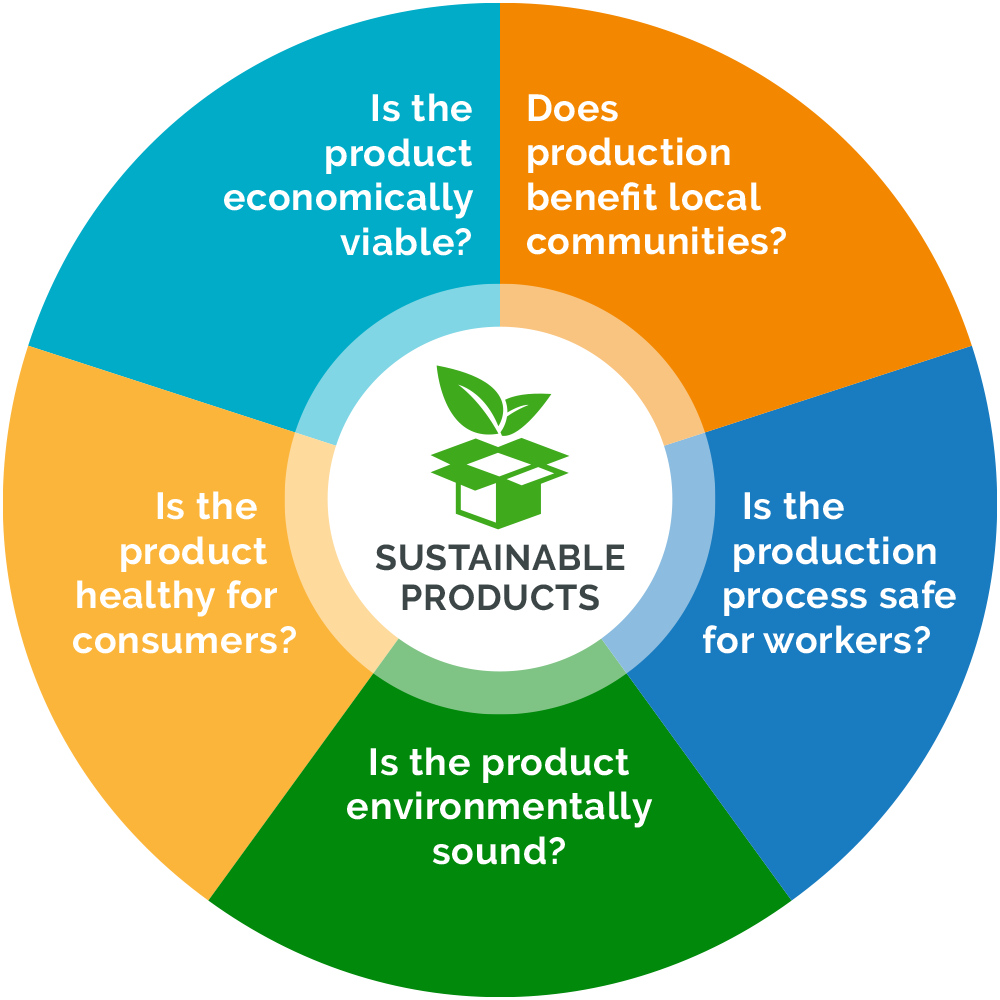
Greening Operations: Sustainable Practices for Business Success
In today’s world, businesses are increasingly recognizing the importance of integrating sustainable practices into their operations. Beyond contributing to environmental well-being, embracing sustainability can enhance a company’s reputation, reduce costs, and foster long-term success. Let’s delve into key sustainable business practices that can drive positive change.
Environmental Impact Assessment:
Before implementing sustainable practices, businesses must conduct a thorough assessment of their environmental impact. This involves evaluating energy consumption, waste generation, and carbon emissions. Identifying areas where improvements can be made sets the foundation for a tailored sustainability strategy.
Energy Efficiency Initiatives:
One of the cornerstones of sustainable business practices is optimizing energy efficiency. Implementing energy-efficient technologies, such as LED lighting and smart climate control systems, not only reduces environmental impact but also results in significant cost savings over time. Investing in renewable energy sources, like solar panels, further aligns businesses with sustainability goals.
Waste Reduction and Recycling:
Minimizing waste and implementing recycling programs are fundamental steps towards sustainability. Businesses can explore innovative ways to reduce packaging waste, encourage recycling within the organization, and collaborate with suppliers committed to eco-friendly packaging. Adopting a circular economy mindset, where materials are reused or recycled, promotes responsible resource management.
Supply Chain Sustainability:
Sustainable business practices extend beyond the company’s walls and into its supply chain. Collaborating with suppliers who prioritize ethical and sustainable practices ensures a holistic approach to environmental and social responsibility. This includes sourcing raw materials responsibly and ensuring fair labor practices throughout the supply chain.
Employee Engagement and Education:
Creating a culture of sustainability requires the active involvement of employees. Establish programs that educate and engage staff in sustainable practices. Encourage energy conservation, waste reduction, and eco-friendly commuting options. When employees are aligned with the company’s sustainability values, it fosters a sense of collective responsibility.
Community Outreach and Social Responsibility:
Sustainable businesses actively contribute to the well-being of their communities. Engaging in local environmental initiatives, supporting community projects, and investing in social responsibility programs build a positive corporate image. This not only benefits the community but also strengthens the relationship between the business and its stakeholders.
Green Building Practices:
For companies with physical infrastructure, adopting green building practices is a significant step toward sustainability. This includes designing energy-efficient offices, utilizing sustainable materials, and implementing water conservation measures. Green buildings not only reduce environmental impact but also provide healthier and more productive work environments.
Transparency and Reporting:
Transparency is essential for demonstrating a commitment to sustainable business practices. Regularly report on environmental and social performance, detailing progress, challenges, and future goals. This transparency builds trust with customers, investors, and other stakeholders who are increasingly prioritizing companies with clear sustainability initiatives.
Innovation for Sustainability:
Embracing sustainability often involves innovative thinking. Encourage research and development focused on eco-friendly technologies, processes, and products. This commitment to innovation not only positions the business as a leader in sustainability but can also lead to competitive advantages in the market.
Continuous Improvement and Adaptability:
Sustainability is an evolving journey. Businesses should continuously evaluate and adapt their practices to align with emerging environmental standards and societal expectations. Regularly review sustainability goals, seek feedback from stakeholders, and adjust strategies to remain at the forefront of responsible business practices.
As businesses strive for success in a rapidly changing world, integrating sustainable practices into their operations is not just an ethical choice but a strategic imperative. To learn more about Sustainable business practices, visit businessinc.my.id. Explore resources and insights to guide your business towards a more sustainable and prosperous future.



